On Passover eve, seder night, Jews from all over the world gather at their homes with family and friends to recite the story of the Exodus. For thousands of years, as children, we were told to tell our children and to tell their children about our ancestors’ slavery and their flight to freedom from the land of the pharaohs. It is incumbent upon us, as we recite the haggadah, to feel as though we ourselves were there, experiencing the Exodus.
In Basra, cold weather in December was very unusual, but in 1949 the temperature was in the 40s, and it was bitter cold at 11 p.m. Sweat was dripping from my forehead like little morning dewdrops. My mind was crippled with fear. My heart was racing. My knees were shaking. I was about to commit a criminal act punishable by long years at hard labor or hanging in the public square. All depending on how much torture I could stand. I was about to leave my country without a passport and an exit visa.
I had put my life in the hands of two Muslim smugglers, and I wasn’t alone. There were 16 teenagers, including my younger brother, Nory. The underground movement to help Jews escape Iraq had arranged for a boat to take us to Iran. We boarded, one at a time, at varying intervals, in order to avoid raising suspicion in the neighborhood. We had no luggage, food or water.
The boat, if it could be called that, was about 30 feet long by10 feet wide. It had no seats, beds, toilets or motors. It moved by rowing and punting, a method of propelling the boat forward with long sticks. It was designed to carry light cargo such as manure or hay to the farmers in the delta. The two smugglers had devised a false space that measured about 10 feet by 10 feet and about
2 1/2 feet high and covered with hay. We crouched in complete darkness in this dungeon.
I was appointed the leader for the journey. The first thing I did was make holes in the hay so that we could breathe. Our escape depended on luck, the tide and the bribed border police. So that our crossing would coincide with the tide, at about midnight, the two smugglers pushed the boat out of the tributary river. Our beacon of hope, Iran, was downstream and across the river, a few hours away.
The sound of water splashing broke the stillness of the night and was sweet music to our ears. As we moved down the main river, Shat el Arab — “the river of the Arab” — our hearts lit with joy and hope for freedom. However, after about an hour, that sweet sound of splashing water stopped. All was quiet except for the sound of the wind. I went out through the hole. The two smugglers looked worried.
“We can’t move,” one of the men said. “The tide is with us, the wind is against us.”
I went back through the hole and told the boys and girls to close their eyes and to sleep, while we waited for the wind to subside. We docked inside a tributary of the river. The hours passed quickly, and I began to worry. My heart was beating faster than the wind, as dawn started to break.
We could not move during the day, for fear of being discovered. Are we were going to miss our rendezvous with the bribed border police? At times the police inserted steel bars to be sure no contraband materials were being smuggled. What about food, drinks or toilets? What if some villagers were to spot us and tell the Muchabarat, the secret police? After all, we were leaving Iraq illegally, and being accused of Zionism was a capital crime.
I began to worry. I could imagine the steel bars going into the human cargo. If caught, what torture would await us? Anxiety began to affect my clear thinking. Sense of responsibility magnified my distress. I couldn’t share my fears and anxiety with anyone. One boy was only 13. He started to cry. I felt the same way, but I held back my tears. Instead, I put on a stoic face and assured them that everything was going to be all right. We had to wait until darkness to move again.
It was toilet time in early morning. One by one we got out of our hole. One boy, a good friend of mine whose brother was arrested on Zionism charges just a few weeks earlier, shook so much when he stood, he couldn’t urinate.
One of the boatmen walked to the village to get some food. I warned him not to buy food in bulk, as that might create suspicion. He returned after nearly two hours with some bread, cheese and dates. Like rats, two or three of us came out of the hole, ate something and went back in, until all the pack was fed. Some went on their knees and drank water from the river. We had no water bottles.
I was in Arab garb, and wore a long white long gown just like the boatmen. I wandered away from the boat and sat under a tree in the shade. I closed my eyes and yearned to sleep.
My life played before me like a movie. I was 11 when I survived the farhud (pogrom) of June 1-2, 1941, in Baghdad. I was 14 when I survived an attack by two Muslims boys who ran after me with a knife. In May 1948, after the failed war against Israel, many Jewish youths were arrested, tortured or simply disappeared. Once again, I survived.
Just a few days ago, the secret police stopped me at the railway station when I arrived from Baghdad. I was with my brother and two other boys. One of the policemen asked me my purpose in coming to Basra. I told him that I was visiting my cousin. When I mentioned his name, Agababa, the policeman’s eyes lit up and the tone of his voice changed. He became sweet and gentle, and said he knew my cousin well. He got his Arrow shirts from my cousin. I knew that what he meant was that he got his shirts for free from my cousin, like all the secret police did. I survived again. The other two boys were returned to Baghdad. We never heard from them, or saw them again.
Back on the boat, the hours passed slowly. This was the longest day of my life. A river patrol passed by, unaware of the human cargo hidden in the stack of hay. I was frightened and frustrated. I began to pray, “God, please let it be night so that we can make our final escape.” I went back into the hole. I assured everyone that by the next morning we would be in Iran and that in a few days we would be in Israel.
Finally, night came. My angels worked overtime. We had the tide and a favorable wind. At the precise time we moved, and before dawn we crossed the river. Three worried men were going crazy looking for us on the other side. They had been there from the night before. “We are safe, we are in Iran,” I shouted happily. One by one, my fellow travelers came out of the hole, drained and haggard; some with tears, others with a smile as wide as the river we had just crossed.
But for me, the needs of so many other people outweighed the needs of family and others who were already free, young as they may have been. Instead of accompanying my brother to Israel, I remained in Iran for two grueling months to assist others fleeing Iraq. Unfortunately, not all succeeded as readily as we had in our escape.
After that difficult boat trip, each one of us, 16 children really, went our separate ways — driven by history and its forces. But in the midst of the sadness and loss of leaving home and family grew the seeds of our future and of the Jewish people.
On March 2, 1950, I kissed the ground when I landed in Israel. On April 3, my exodus ended with my celebrating Passover in Jerusalem, as a free man.
After a public viewing of the movie “The Last Jews of Baghdad,” while I was discussing my escape, a member of our synagogue, Kahal Joseph Congregation, whom I had known for years, came forward. He said, “I was with you on that boat, when we got stuck for a day.” His name is Haskel Abrahami. He had been the 13-year-old boy on that journey long ago.
Joseph Samuels was born in Baghdad, Iraq, in December 1930 and fled for Israel in December 1949. He served in the Israeli navy from 1950 to 1953. Samuels has been living in Santa Monica for the past 36 years with his wife, Ruby, and his family. He is a retired real estate developer and currently serves on the board of JIMENA Los Angeles.






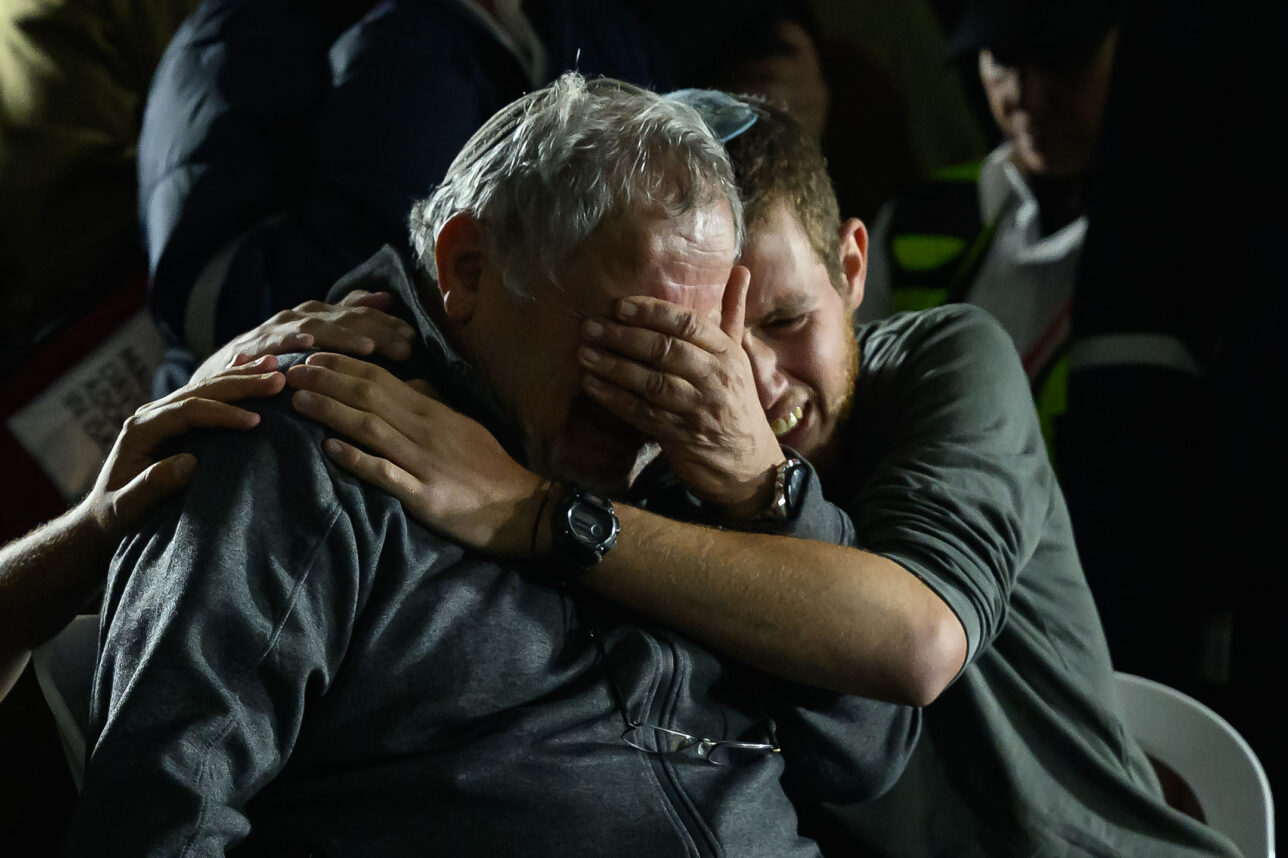
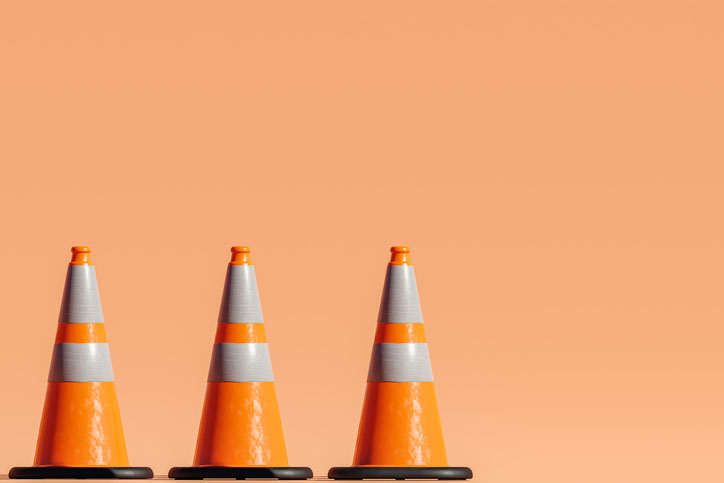
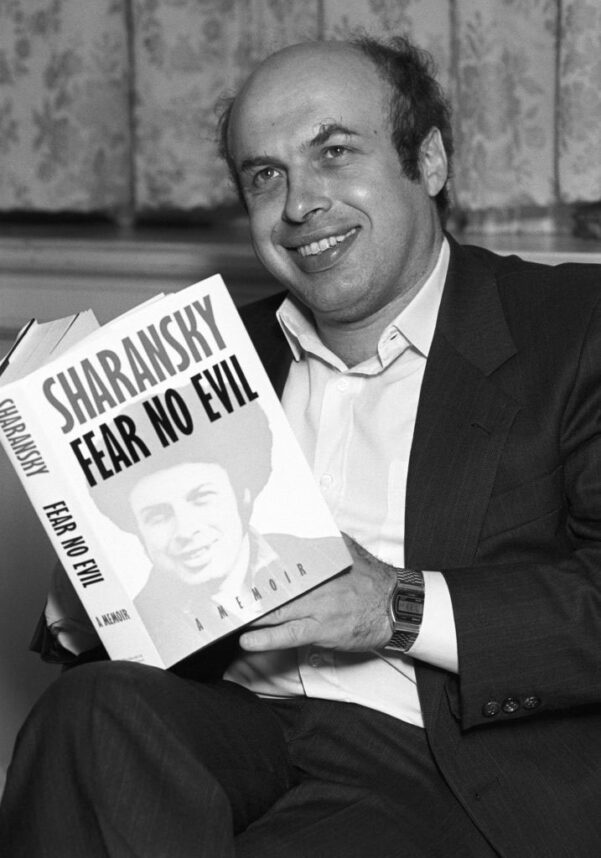
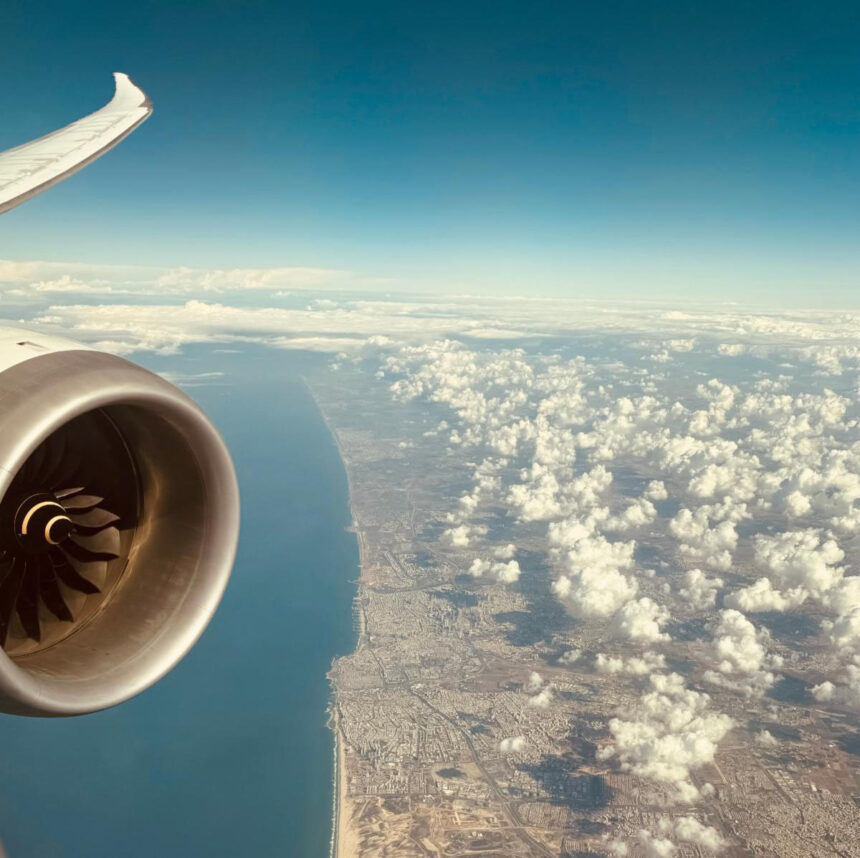
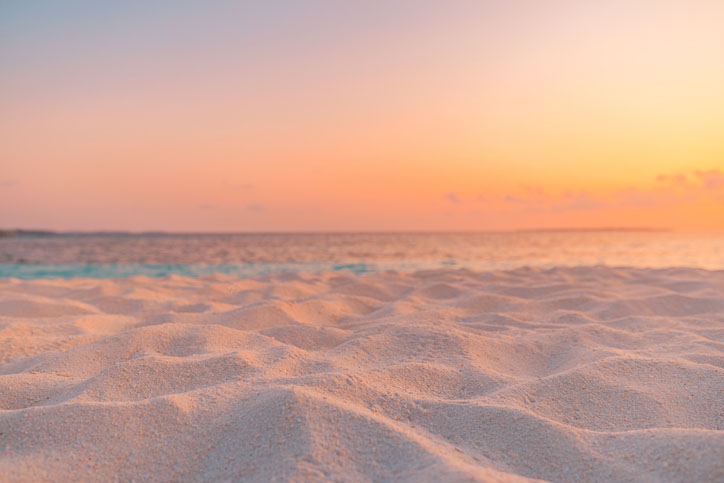
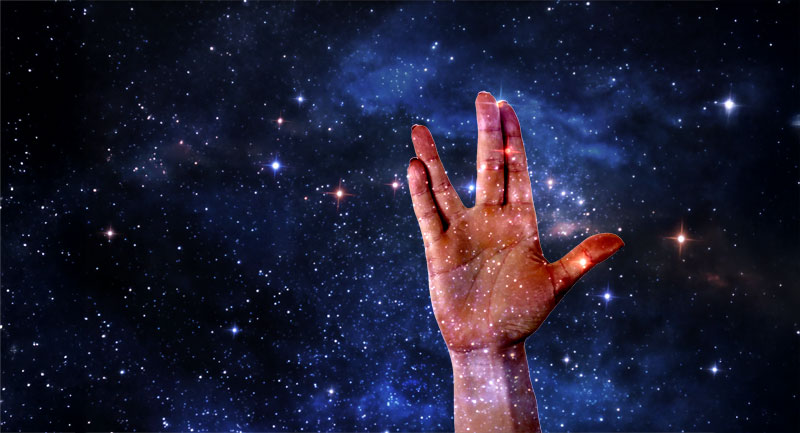
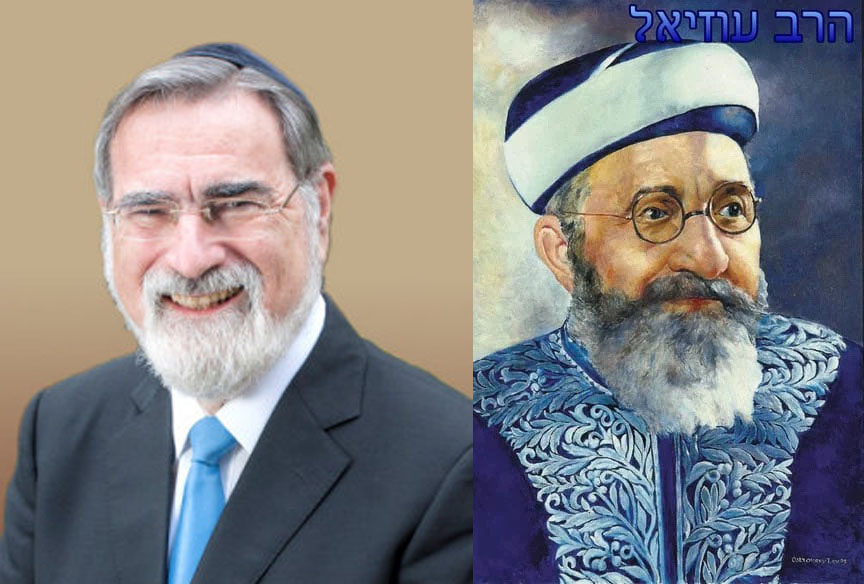
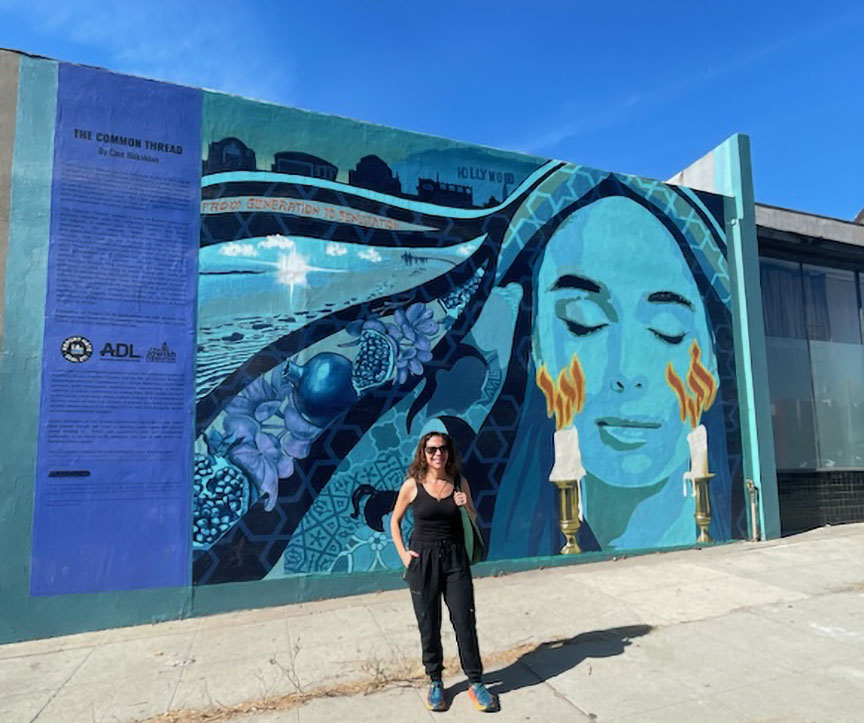
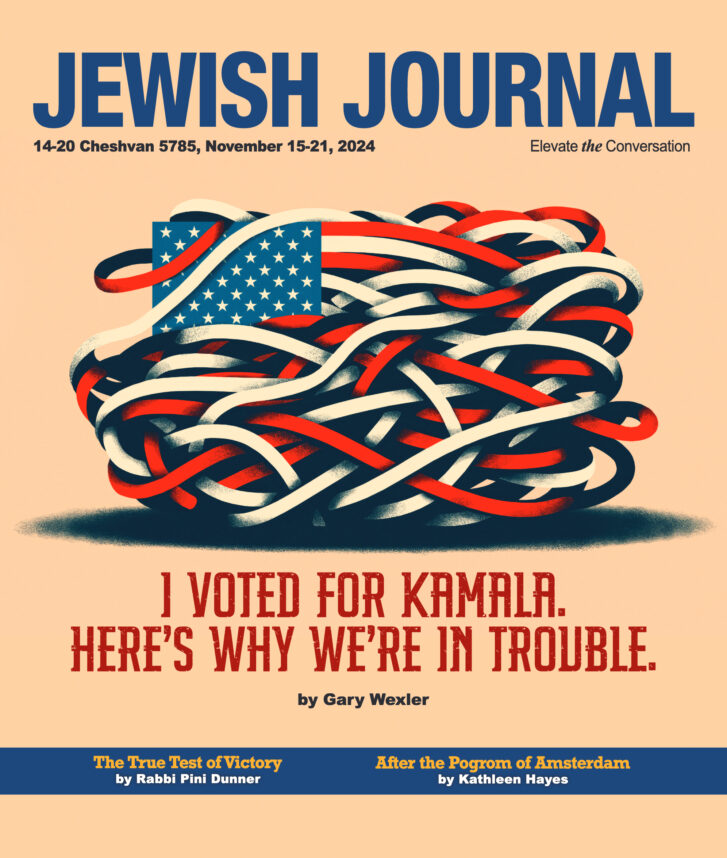
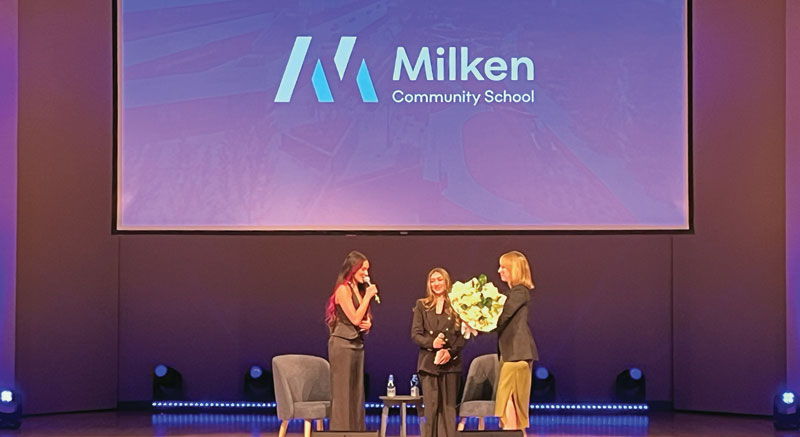





 More news and opinions than at a Shabbat dinner, right in your inbox.
More news and opinions than at a Shabbat dinner, right in your inbox.